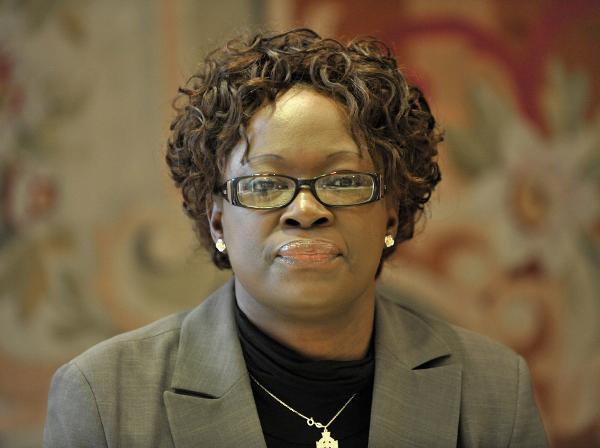In a ruling that is set to leave State Security officials that torture and abduct citizens on the edge, a High Court judge yesterday ordered officials that abetted Zimbabwe Peace Project (ZPP) director Jestina Mukoko’s abduction and torture to be sued in their personal capacities.

High Court judge Nyaradzo Munangati-Manongwa yesterday ruled that the officials, who include former State Security minister Didymus Mutasa, chief superintendent Peter Magwenzi and brigadier Asher Walter Tapfumaneyi, must face the lawsuit in their personal capacities.
The trio through Ephraim Mukucha from the Attorney General’s office had approached the court seeking an amendment for them to be cited in their official capacities in terms of the State Liabilities Act as opposed to being cited in their personal capacities.
“This amendment is not necessary. I find no merit in the application as the conduct complained of borders on criminality,” Munangati-Manongwa noted in her ruling yesterday.
In the application, Mukoko is demanding $220 000 compensation from the State over her unlawful abduction in 2008.
Mukoko — represented by prominent human rights lawyer Beatrice Mtetwa — cited Mutasa, the then co-Home Affairs ministers Kembo Mohadi and Giles Mutsekwa, police commissioner-general Augustine Chihuri, Magwenzi, Attorney General of Zimbabwe, Defence minister Sydney Sekeramayi and Tapfumaneyi as respondents.
In the amendment application, Mukucha argued that there was nothing wrong in challenging the citation of Magwenzi, Mutasa and Walter in their personal capacities.
He told the court that the officials acted within the course and scope of their official duties.
“The purpose of this application is therefore to seek an amendment which was filed on behalf of the applicants,” Mukucha said, adding that the amendment will not in any way stop Mukoko from claiming damages against the State.
Mukucha sought the insertion of a paragraph, which reads, “5th (Magwenzi), 7th (Mutasa) and 8th (Tapfumaneyi) defendants deny that they were acting in their personal capacities at all material times in relation to this matter as such they deny that it is competent for plaintiff to sue them in their personal capacity.”
However, Mukoko challenged Mukucha’s authority to file an affidavit on behalf of the trio, arguing that he had no power to respond by giving reasons that he has no personal knowledge.
“No explanation has been given as to why the applicants have not themselves deposed to the founding affidavit, particularly as the issue raised involves each applicant being able to say that their actions were in their official capacities,” Mukoko said, adding that granting the application will be abetting the perpetuation of an unlawful act.
She said her case was peculiar in that it involved senior officials that acted in common purpose in violation of the law and that they should each bear their personal responsibilities for their actions.
Mukoko further said the failure to demand that the officials file personal affidavits, would deny her a chance to demand that they produce their employment contracts, authorising them to commit acts of torture and other illegal activities.
The human rights activist filed for damages after the Supreme Court in September 2009 granted a stay of prosecution on charges of banditry and terrorism which the former broadcaster faced after ruling that several of her fundamental rights were violated when she was abducted, tortured and held incommunicado.
Mukoko was seized at gunpoint in a dawn raid at her Norton home on December 3, 2008 by a group of plain-clothed men who identified themselves as policemen.
Her fate was not known until she appeared in court three weeks later. Daily News






